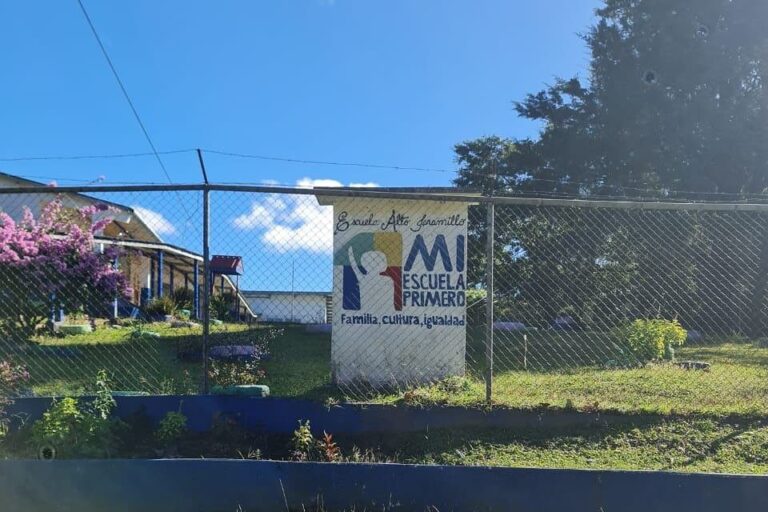The food security problem in Panama significantly affects the physical, psychological and cognitive development of children, especially those living in rural areas with a high indigenous population. According to data from the World Food Program, in Panama, 12.5% of the population suffers from food insecurity and the situation is even more worrisome in rural areas.
According to the State of Food and Nutritional Security in Panama 2020 report, in the province of Chiriqui, where Boquete is located, 20.9% of households are food insecure. In the same province, 36.4% of female-headed households are food insecure, while in male-headed households the rate is 16.6%.
Regarding the child population, the report mentions that nationally 18.1% of children under five years of age are chronically malnourished (low weight for height), while in the Azuero and Chiriqui region, the rate is 22.3%. In addition, it is noted that in rural areas, such as Boquete, the rate of chronic malnutrition in the child population is higher than in urban areas.
In particular, in Boquete, a productive area of Panama, many children, women and the elderly do not have access to nutritious food and suffer from malnutrition. This irony is largely due to the lack of access to arable land and appropriate technologies, which limits food production. In addition, indigenous communities often have traditional agricultural production systems that are not always adapted to climate change and modern challenges.
Often, government and philanthropic organizations provide subsidies and food to combat food insecurity. However, these approaches do not address the underlying causes of the problem and may perpetuate dependence in the long term. In addition, these
approaches often fail to focus on food quality and instead provide processed and unhealthy foods.
Lack of access to nutritious food and food insecurity can have serious consequences for children’s physical, psychological and cognitive development. Children suffering from malnutrition have a higher risk of disease, a reduced capacity for
learning and an increased risk of dropping out of school.
To address the problem of food security in Panama, it is necessary to take into account the specific needs of indigenous communities and work together with them to identify sustainable, long-term solutions. In addition, it is essential to focus on food quality and to work with communities to promote healthy eating habits and to promote the use of healthy foods.
nutrition education.
Statistical data show that food insecurity in the Boquete region and in the province of Chiriqui affects female-headed households and children to a greater extent. In addition, it is noted that food insecurity in the region is higher in rural areas, which further affects indigenous communities that depend on agriculture.
and fishing for their livelihood. Older adults are also vulnerable to food insecurity, especially those living in low-income households.
Alto Jaramillo School, Boquete, Chiriquí

Creating community partnerships to guarantee more than 70% of rescued food in a dining hall of a rural multigrade school in Boquete, where approximately 90% of the students are indigenous children, is an ideal proposal to seek community sustainability and food security in the region.
Other projects:
WHAT IS BIOFERTILIZER? Biofertilizer is an organic liquid fertilizer produced from the biodigestion process of the HomeBiogas system. It is made by decomposing organic matter, such as food waste and
With a privileged location, the Mercado San Felipe Neri (MSFN) connects a Balboa Avenue of skyscrapers with the old colonial neighborhoods of San Felipe and Santa Ana, today in the
Más Tips...

